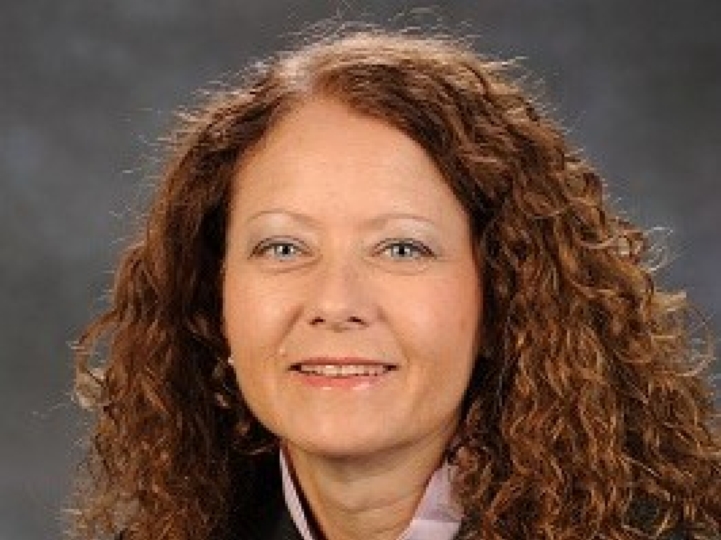
This Happens Too Often…Celebrating Lives Lost
Health, Safety, and Well-being Supporting the Profession AVP or "Number Two" Senior Level VP for Student Affairs
January 31, 2024
For many of us, this semester has been challenging. There have been too many young lives that were cut short. While policies are generally in place for who to notify and what protocol to follow, dealing with the death of a student is never easy. We all dread the call that a member of our community has passed away. It’s a tragedy whether we knew the student or not, regardless of if they lived on-campus or were engaged in campus life. A student death can take an emotional toll on us all.
College campuses are not just centers for academic pursuit, they are vibrant communities where students forge lasting connections and create memories that shape their lives. Unfortunately, these communities sometimes face the harsh reality of losing members too soon, whether through suicide, accident, illness, or other tragic circumstances. In the face of such losses, a student memorial service can play a critical role in providing solace, fostering healing, and honoring the lives that tragically ended too soon.
Behind every student memorial service lies a meticulous planning process that not only honors the life of the departed but also considers the emotional well-being of the entire campus community. The impact on the student affairs professionals tasked with orchestrating such events is often profound, blending logistical challenges with the weight of collective grief.
Institutions must consider how to best celebrate lives lost. Should there be services for individual students, or one service for all lost that year? Will the family want to participate? Is there a role for the campus ministry groups to engage? What about music, readings, photos, flowers, and candles? Will the student’s advisor or faculty members participate? Regardless of the answers, there are several aspects of a student memorial service that should be considered. While it may appear to be “common sense,” it never hurts to carefully consider these factors outside of the time when planning a service must occur.
-
Embracing sensitivity. Planning a memorial service must be approached with a high degree of sensitivity. Recognizing the unique circumstances surrounding each loss, the service should pay homage to the individual while respecting family desires, if applicable. And, if the service is remembering all the lives lost that year, special sensitivity should be displayed to respect all that are being celebrated. As suggested by Bruce Harshbarger in HighedEdJobs, “A service on the campus should not be automatic; it should only be planned if desired by the family and if there are a number of students committed to participate” (When Tragedy Strikes: A Protocol for Responding to the Loss of a Student, 2018).
-
Making decisions collectively. Use of a committee with representatives of the community (friends, student organization leaders, faculty members, advisors, student affairs staff, counselors, etc.) works well. Decision-making must be inclusive, allowing for diverse perspectives to ensure that the service resonates with the entire community.
-
Balancing details and emotions. Striking a balance between the logistical details of organizing a service and the emotional toll that it might take on the planners is important. Selecting a venue, coordinating the speakers, planning the music, ordering flowers, and considering all the little details are factors for the service but can also create a profound emotional impact on the planning team. Planners may find themselves personally affected by the loss, especially if they knew the student well. So, be gentle with yourself and others. Include counselors in and around the service because it can be helpful to the planners and participants alike.
-
Providing an opportunity for celebration. While often easier said than done, providing a way to celebrate the student’s life can be an important part of the healing process. Whether it is an individual memorial service or an annual event celebrating all losses that year, participants should have the opportunity to reminisce on the positive memories and stories of a life well lived.
Planning a student memorial service is an undertaking that demands collaboration, sensitivity, and attention to detail. Whether it’s a candlelight vigil or afternoon reception, staff members involved in the planning can play a pivotal role in creating an event that honors the departed while supporting the grieving community that has been left behind. It is challenging work and often emotionally exhausting because a service is not just a program, it is an opportunity for reflection and processing of feelings, memories, and thoughts of what could have been.

Dee Siscoe serves as the vice president for student affairs at Missouri State University and is a member of the NASPA James E. Scott Academy Board.